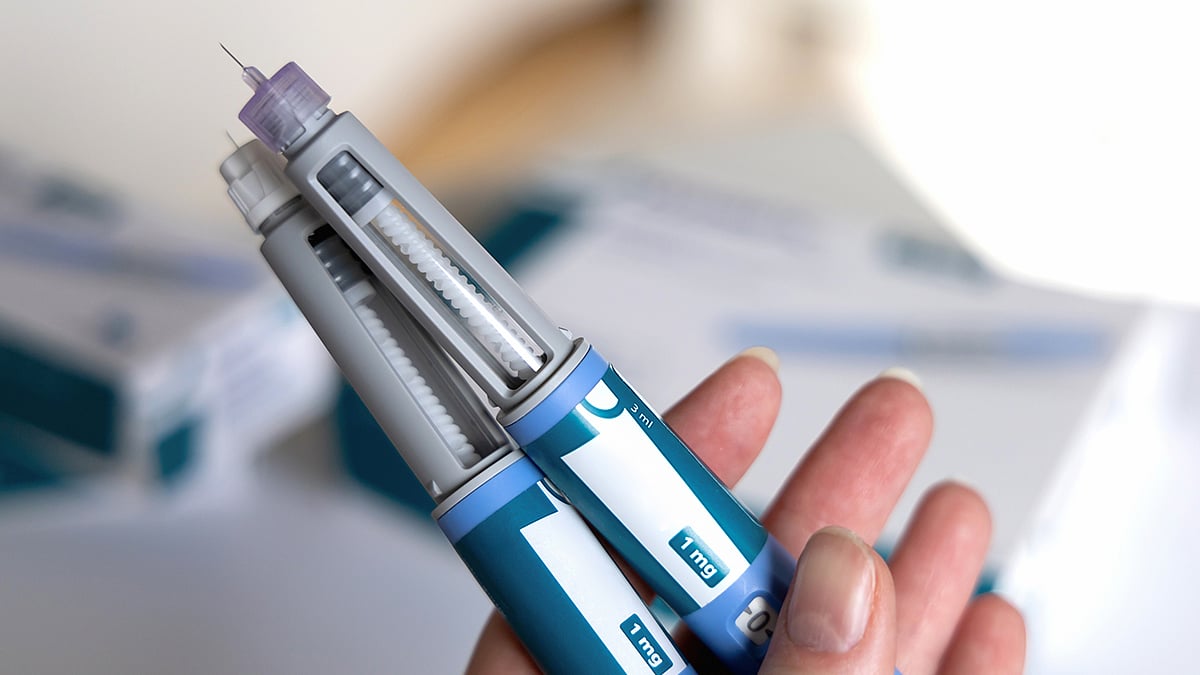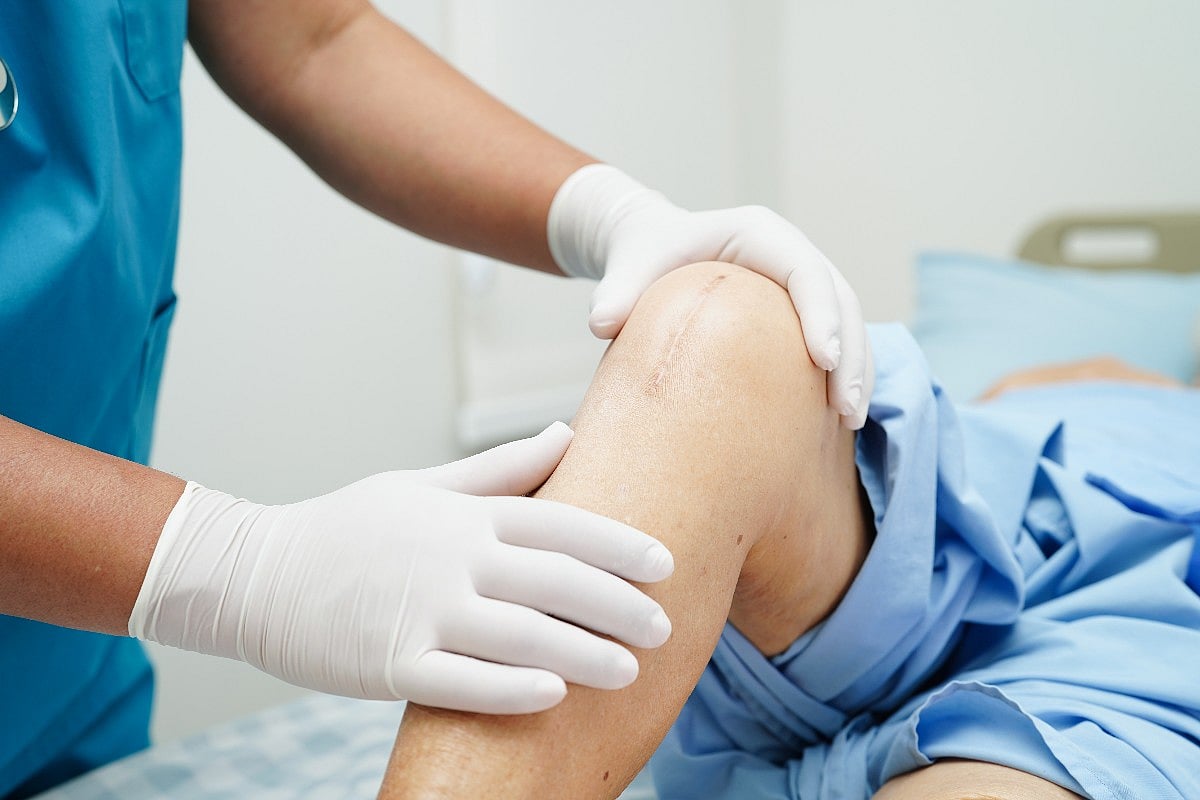
The Trump administration has decided not to expand Medicare and Medicaid coverage for popular obesity drugs, blocking a Biden administration initiative that could have helped millions of Americans access the medications. Catherine Howden, a spokeswoman for the Centers for Medicare and Medicaid Services (CMS), said that expanding coverage for these drugs “is not appropriate at… read on > read on >


















